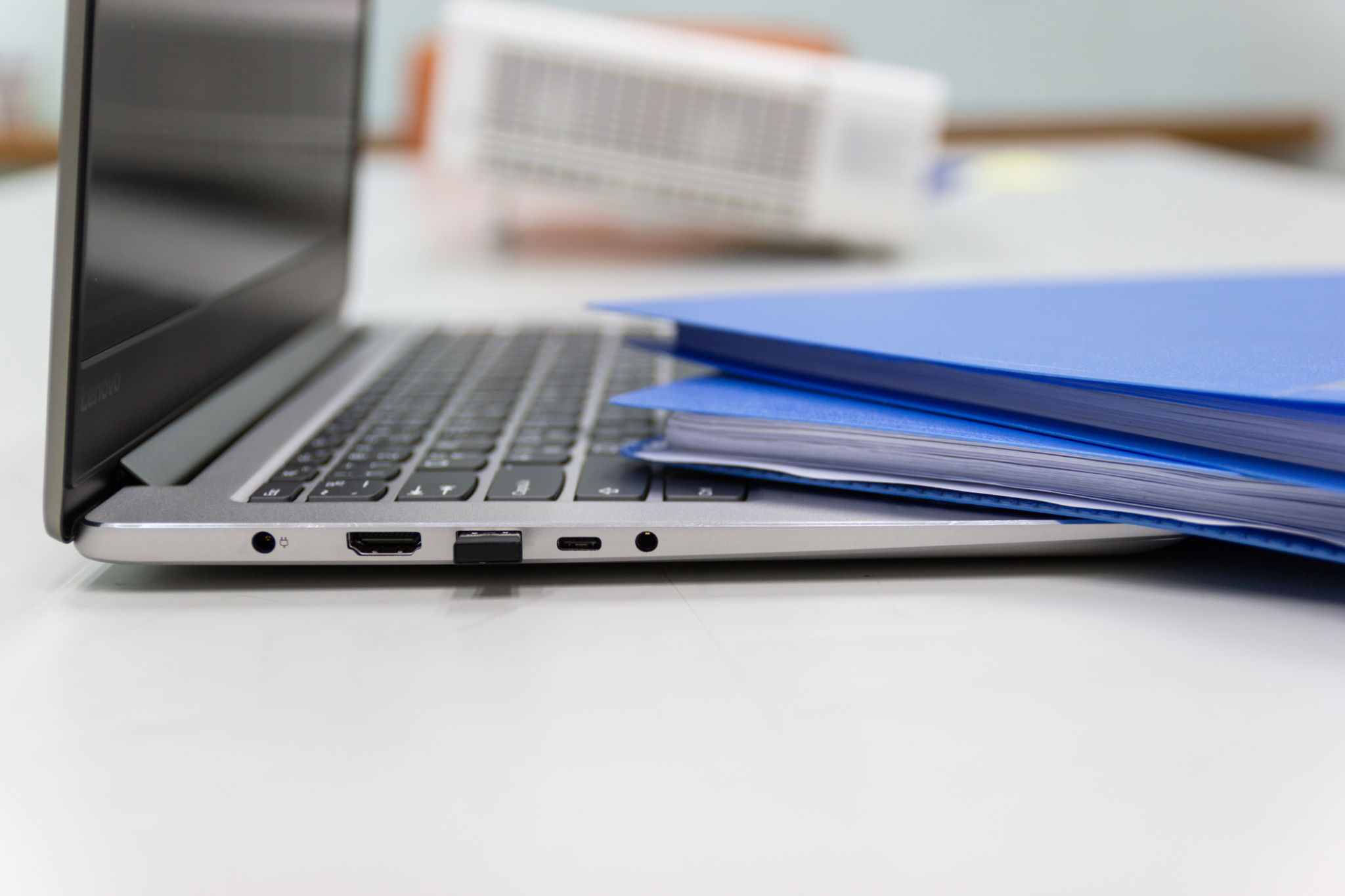Essential Documents for Smooth Tax Filing: A Complete Guide
Introduction to Tax Filing
The tax season can be a stressful time for many, but being well-prepared with the right documents can make the process much smoother. Ensuring you have all necessary paperwork ready not only helps in accurate filing but also in maximizing potential deductions. This guide will walk you through the essential documents you need for a seamless tax filing experience.

Personal Information
Before diving into financial details, gather all relevant personal information. This includes Social Security numbers for you, your spouse, and any dependents. Accurate personal details are crucial for correctly filing your taxes and avoiding any processing delays.
Income Statements
Your income statements are fundamental for tax filing. The most common form is the W-2, which employers provide to report your annual earnings. If you're self-employed or have additional sources of income, 1099 forms will be necessary. These forms report various types of income, including freelance work, interest, and dividends.

Proof of Expenses
To claim deductions, you'll need documentation for expenses incurred throughout the year. This includes receipts for business expenses, medical bills, and educational costs. Keeping these records organized can significantly ease the filing process and ensure you don't miss out on potential savings.
Investment and Savings Records
If you have investments, gather your 1099-B forms, which detail any gains or losses from securities sales. Additionally, 1099-INT and 1099-DIV forms are necessary if you've earned interest or dividends from savings accounts or investments. These records are essential to accurately report your investment income.

Property and Real Estate Documents
Owning property adds another layer to tax filing. Documents like mortgage interest statements (Form 1098) and records of property tax payments are vital. These documents can help determine deductible amounts related to home ownership.
Charitable Contributions
If you've made charitable donations, ensure you have donation receipts. These documents should detail the donation amount and date, which are required to claim deductions for charitable contributions. Both cash and non-cash donations can qualify for deductions if well-documented.

Conclusion
Having a checklist of essential documents can turn tax filing from a daunting task into a manageable process. By organizing these records ahead of time, you can ensure a smoother experience and potentially increase your refund. Whether you're filing on your own or with a professional, being well-prepared is the key to successful tax filing.